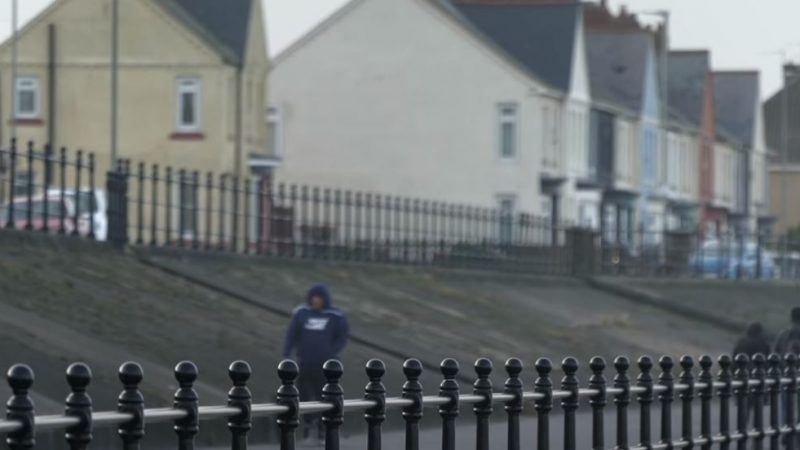‘The recent rise in measured child poverty is entirely driven by higher rates of poverty among families with three or more children. Scrapping the two-child limit would be a cost-effective way of reducing child poverty.’

A new report by the Institute of Fiscal Studies (IFS) has found that ending the two-child benefit limit would lift over half a million children out of absolute poverty.
Keir Starmer has resisted calls to abandon the policy that chancellor George Osborne introduced in his budget following the 2015 general election. By limiting the number of children that families can receive means-tested benefits to two, the policy was designed to incentivise people into work. It was enacted in April 2017 and applies to all children born after that date.
Child poverty is on the rise in Britain. The number of children in poverty has increased by almost 600,000 over the past seven years. Figures by the Department for Work and Pensions (DWP) in July, showed that 1 in 9 children (1.6 million) are affected by the two-child limit.
The IFS’s report says the cost of lifting 240,000 children out of poverty by reversing the policy would cost £2.5bn a year.
But the report contends that scrapping the policy is not a “silver bullet” and the gains seen by 70,000 of the poorest families would be wiped out by the benefit cap. The benefit cap is another austerity measure that was introduced by the Tories in 2013. It limits the amount of benefits a household can receive. The IFS says that scrapping both the benefit cap and the two-child limit would take 620,000 children out of absolute poverty at the cost of over £3bn annually.
Anna Henry, research economist at the IFS, said that the recent rise in measured child poverty is entirely driven by higher rates of poverty among families with three or more children.
“Scrapping the two-child limit would be a cost-effective way of reducing child poverty, at a lower cost per child lifted out of poverty than all the other obvious changes to the benefits system, but it is not a silver bullet.
“It would do nothing for households affected by the household benefit cap, who are among the poorest. In fact, removing the two-child limit would lead to 70,000 more households being affected by the household benefit cap, wiping out some or all of its effect for those households,” she added.
The report is likely to put further pressure on Keir Starmer to axe the two-child limit in the forthcoming Budget, Labour’s first in 14 years. The Prime Minister argues that he will not make unfunded promises. In July, he suspended seven Labour MPs for voting to scrap the policy, including the former shadow chancellor John McDonnell.
In response to the IFS’s report, a government spokesperson said: “No child should be in poverty – that’s why our new cross-government taskforce is developing an ambitious strategy to reduce child poverty and give children the best start in life. Alongside this, we have extended the Household Support Fund to support the most vulnerable with essentials this winter and committed to reviewing Universal Credit while we deliver on our plan to tackle inequality and make work pay.”
Left Foot Forward doesn't have the backing of big business or billionaires. We rely on the kind and generous support of ordinary people like you.
You can support hard-hitting journalism that holds the right to account, provides a forum for debate among progressives, and covers the stories the rest of the media ignore. Donate today.



